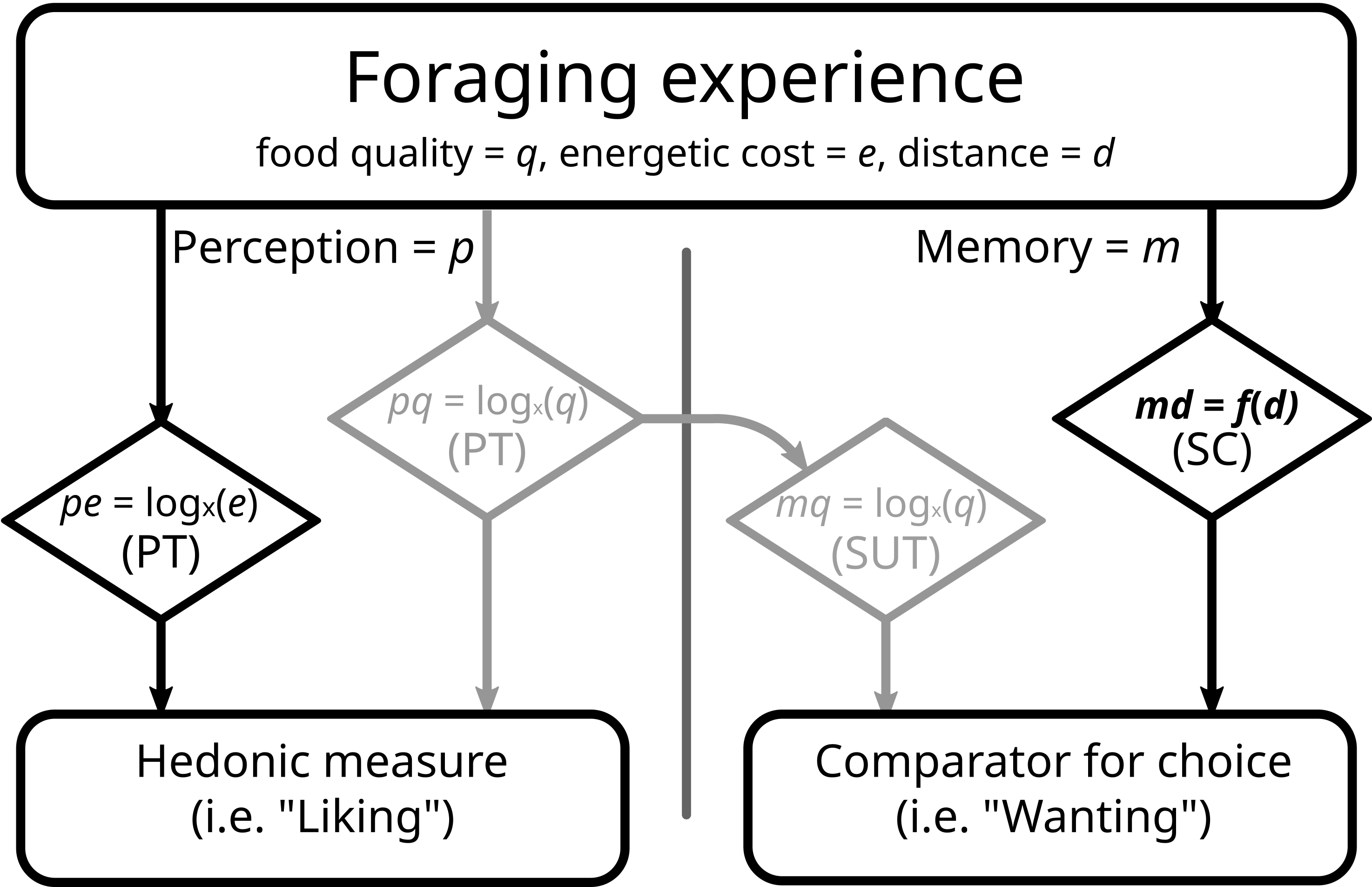Solutions in miniature brains

Some animals have bigger brain than others. With a limited neuronal count, there should come some computational limitations: with less nodes, power should be reduced. However, this is not what we observe! Miniature animals (i.e. arthropods) can produce a plethora of complex behaviors, even with their limited brain capacity. We now know that through a process of optimization, even few nodes can produce efficient circuits, capable of replicating results, and as such behavior and cognition, comparable with the ones of bigger animals.
I am interested in understanding which optimization is employed by small brained animals. Specifically, I study perception and decision making in ants, bees and spiders, to see which solutions they came up with during their evolutionary history. These include the use of heuristics in decision making, logarithmic rather than linear perception (but sacrificing only sensory modality that does not require high precision) and others.
Relevant publications
- De Agrò, M., Rößler, D. C., Kim, K., & Shamble, P. S. Perception of biological motion in point-light displays by jumping spiders. (2021) PLOS Biology
- De Agrò, M., Matschunas, C., Czaczkes, T. Bundling and segregation affect pheromone deposition, but not choice, in an ant (2022) eLife
- Kienitz, M., Czaczkes, T., De Agrò, M. Bees differentiate sucrose solution from water at a distance. (2022) bioRxiv
- De Agrò, M., Grimwade, D., Bach, R., Czaczkes, T.J. Irrational risk aversion in an ant. (2021) Animal Cognition
- De Agrò, M., Oberhauser, F. B., Loconsole, M., Galli, G., Dal Cin, F., Moretto, E., & Regolin, L. Multi-modal cue integration in the black garden ant. (2020) Animal Cognition
- Oberhauser, F. B., Koch, A., De Agrò, M., Rex, K., & Czaczkes, T. J. Ants resort to heuristics when facing relational-learning tasks they cannot solve. (2020) Proceedings B